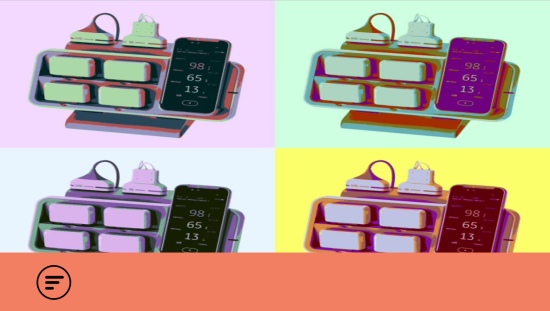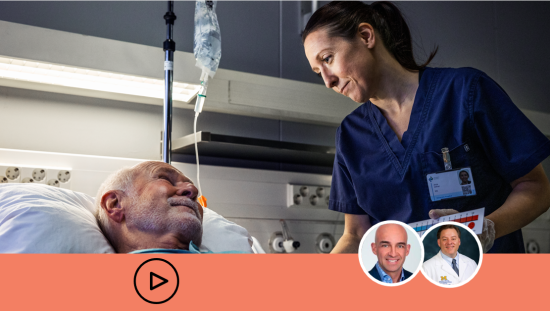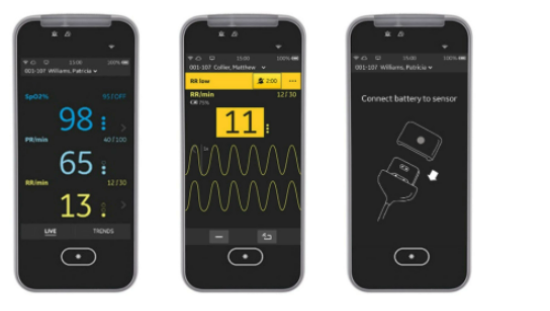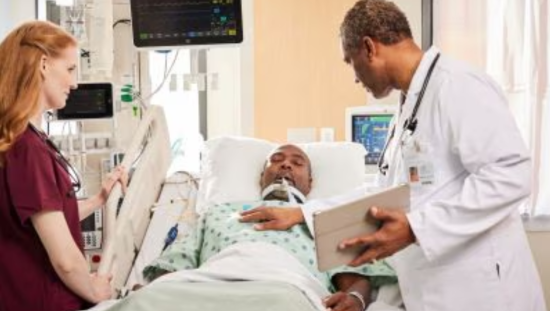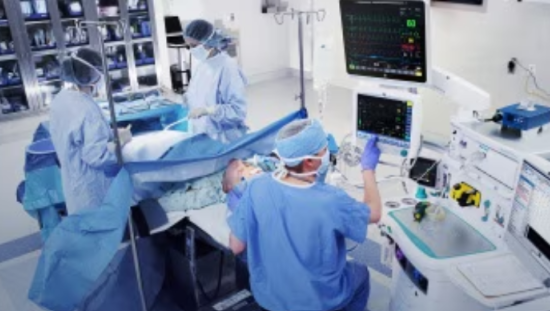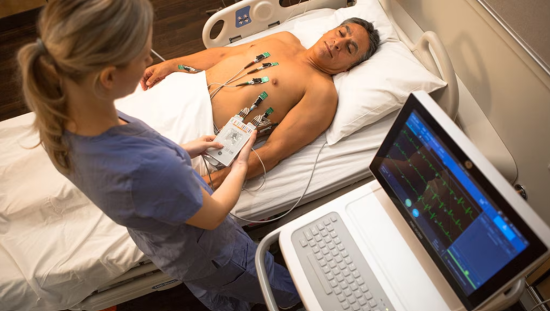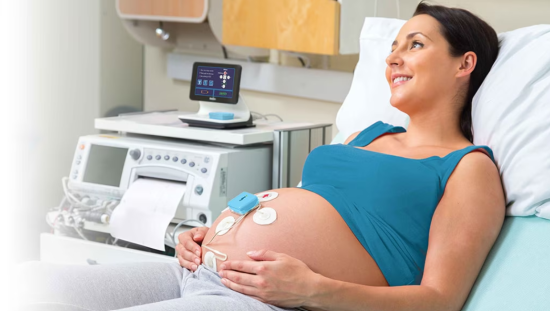Our call to action: Upgrade patient monitoring in general care units to help save lives
Speakers
All around the world, clinicians monitor patients’ vital signs the same way they have done for more than half a century: spot checks that do not result in optimal outcomes, either from a patient safety or hospital efficiency perspective. Today’s digital solutions, however, can enable continuous monitoring that may detect patient deterioration earlier, to help improve patient care, reduce the cognitive burden of manual monitoring on clinicians, and drive economic advantages for health systems and hospitals. It’s clear that these upgrades are needed—and with the right sense of urgency, we can start quantifying the improvements for patients, families, clinicians, and administrators to make more modern technologies the new standard of care. This webinar will describe the current challenges and dangers in general care units, identify opportunities for continuous monitoring to make a difference, and outline how clinicians and administrators can lead the way forward.

Prof. Bernd Saugel
Highly-regarded specialist in perioperative and intensive care medicine. He has earned board certification in anaesthesiology, intensive care medicine, and internal medicine. He presently serves as Professor of Anesthesiology and Vice Chair of the Department of Anesthesiology at the Center of Anesthesiology and Intensive Care Medicine in the University Medical Center Hamburg-Eppendorf, Hamburg, Germany.
His primary field of research centres around optimising haemodynamics for patients undergoing high-risk surgeries or those critically ill. He strongly emphasises individualised hsemodynamic management to enhance patient outcomes in perioperative and intensive care medicine. Currently, he is Editor for the British Journal of Anaesthesia. He has published a multitude of original articles and didactic reviews in peer-reviewed journals. On researchgate.net, his impressive collection of 271 research items has garnered a Research Interest score of 3,293, 6,079 citations, and an h-index of 43.


